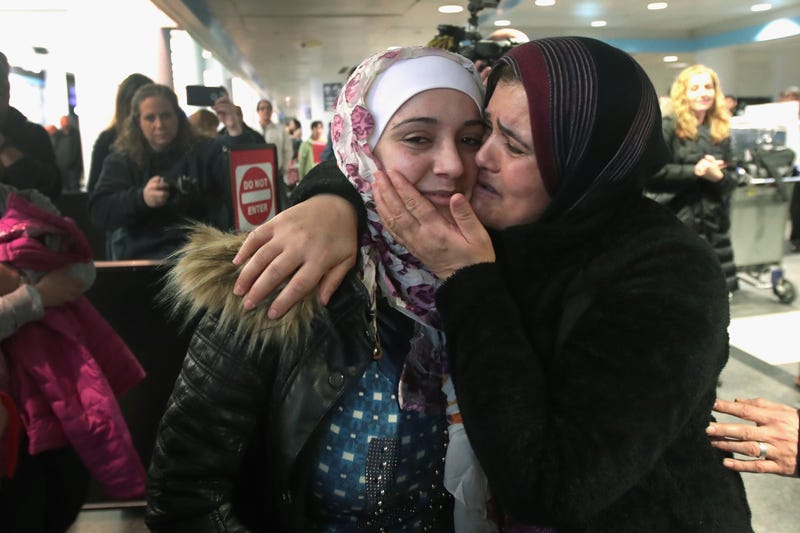
Monday is World Refugee Day, and an expert at DePaul University told WBBM it’s a perfect time to rethink who is considered one.
The United Nations defines a refugee as someone fleeing violence, war, with a well-founded fear of persecution based on their race, religion, nationality, politics or membership of a social group.
Kathleen Arnold, professor and director of DePaul’s Refugee and Forced Migration Studies, said the U.S. is “pretty picky” when it comes to determining who fits into that category.
“People mistakenly think that [refugees] steal jobs or that they can get access to welfare,” Arnold said. “They don’t understand what the term means and how much hardship the person has gone through.”
She argued that people trying to escape natural disasters, such as Hurricane Katrina, could be considered refugees because part of the problem is the state’s disparate response.
Arnold said Syria was a good example of climate and political forces colliding to cause a forced human migration.
“The drought was a result of human activity, but it led to demographic shifts,” Arnold said. “It led to people demanding more of the government, and the government brutally repressing those people.”
Arnold claimed Illinois was one of the first states to welcome refugees.
While Chicago and Evanston are open to helping those leaving terrible conditions, she said other areas of the state are not.
On Monday, she encouraged people to be sympathetic to those who don’t meet the strict definition of refugee.
The United Nations estimates more than 100 million refugees have been forced to flee.
Listen to WBBM Newsradio now on Audacy!



